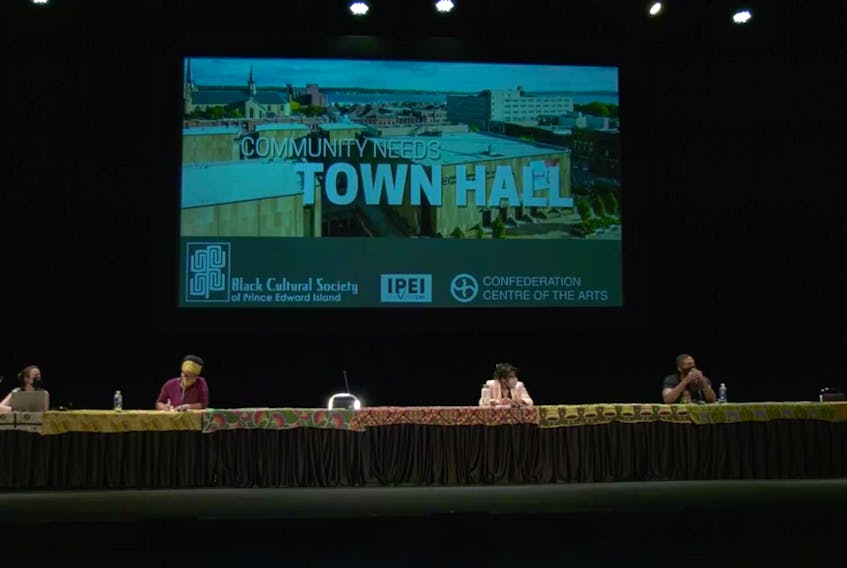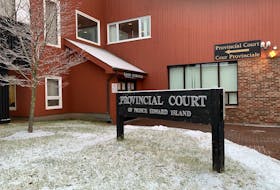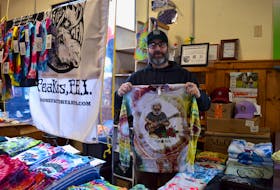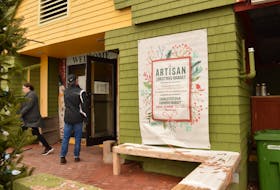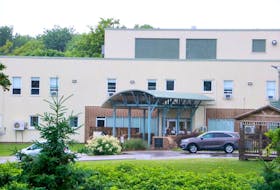A need for mentorship and more Black mental health professionals were some of the topics brought up Friday night during the Black Cultural Society (BCS) of P.E.I. Community Needs Town Hall.
Held at the Confederation Centre of the Arts and livestreamed on Facebook, the event gave the Black community an opportunity to inform the future work of the BCS on the Island.
It is hopefully the first of more events like it, BCS president Tamara Steele said in her introductory remarks.
“We called this the community needs town hall because that’s our goal right now, that’s our focus right now, is determining what our community needs from us as a society.”
The night had facilitators covering four main topics: finance, entrepreneurship, mental health and community engagement.
It was an engaging evening with questions and comments coming from both the in-person and online audience.
Mentorship was brought up several times throughout the night, starting with Jonah Chininga, who led the discussion on finance.
“One thing that’s going to help us (is) if I’m able to see someone like me in a position of where I want to be," he said. "That’ll make it easy for me to be able to communicate, to be able to relate.”

Daniel Ohaegbu, speaking on entrepreneurship and business, echoed similar sentiments.
“We have to figure out a way to navigate those spaces. Yes, there are challenges; yes there are obstacles, but it is possible to navigate those spaces and the more we begin to see solidarity in those spaces, the easier it becomes to navigate.”
The mental health discussion was facilitated by Debbie Langston, chairwoman of the P.E.I. Advisory Council on the Status of Women and a youth worker.
The impact of racism on mental health and the significance of seeking help from those within the community were forefront, as Langston spoke of her experiences in seeking help for her daughter, who had to see two white counsellors who did what they could, she said.
"While I appreciate their efforts ... as a white counsellor, I believe that you can sympathize, but I don't think you can empathize."
She suggested the BCS search for expertise within the Island's Black community, as well as leading and advocating to develop a database of licensed practitioners who can practice in P.E.I., including virtual counselling.
Steele closed out the night by asking for ways to better engage with the community moving forward. Out of that discussion came a desire to see more Black seniors included and encouraged to participate, as well as increasing focus on refugees, some of the most underserved in the black community.
“I think (community engagement) is an important tool we can use to address issues and inform policy decisions and to strengthen social inclusion," Steele said. "I think that it can be a source of empowerment for those who choose to engage and participate.”

